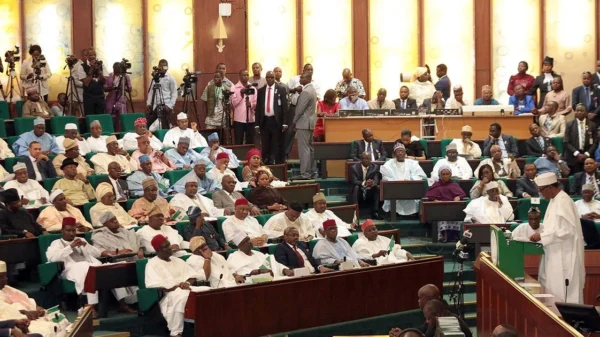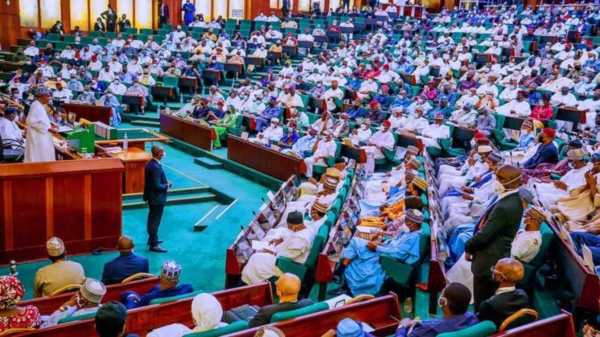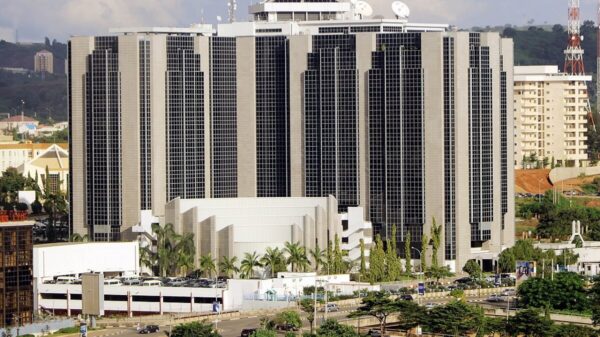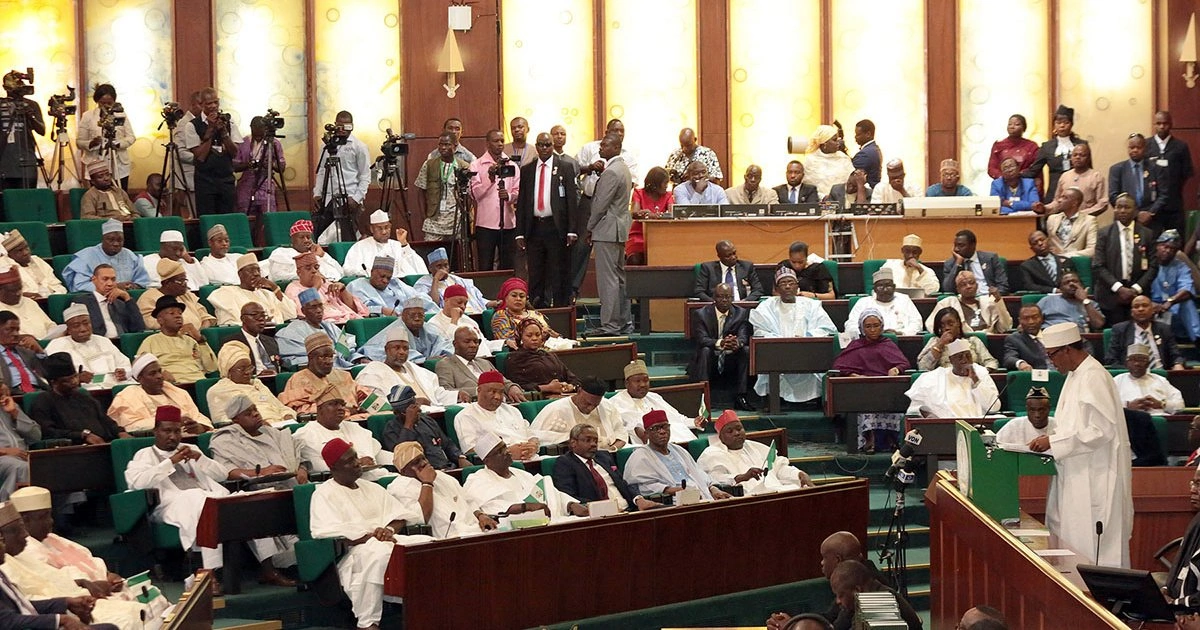In the past five years, Nigeria’s budgeted expenditures have ballooned by a staggering 270%. With a significant portion of this budget allocated towards recurrent expenditure, rather than crucial investments in infrastructure and development, critical questions arise about the efficiency and sustainability of Nigeria’s governance structure.
The amount of money a country spends on running its government varies yearly and depends on many factors. These include the size of the government, the level of economic activity, and the overall state of the country’s finances. Nigeria’s governance structure comprises the federal, state, and local governments. Each tier is tasked with providing essential services to its citizenry. The costs incurred by running the government and providing these services are the country’s Cost of Governance.
Every country’s governance cost is mainly divided into 2 forms: recurrent and capital expenditure. Recurrent expenditure occurs on a daily, weekly, or even monthly basis. For example, payment of pensions and salaries, administrative overheads, maintenance of official vehicles, payment of electricity and telephone bills, water rate and insurance premiums, etc.
Capital expenditure refers to expenses on capital investments. This includes infrastructure construction, human capital development (education and health), purchase of official vehicles, construction of boreholes and electrification projects, etc.
The problem with the way Nigeria is being run is that its recurrent expenditure far exceeds its capital expenditure. A recurring symptom of this is the inevitable need for loans to finance its budget. Despite an abundance of resources, there isn’t enough infrastructure in place to generate the revenue required.
In December 2023, the Senate approved a 28.77 trillion naira ($34 billion) budget, with an initially proposed budget of 27.5 trillion naira. It was marked as Nigeria’s largest budget in history and was formulated based on a revenue of N18.32 trillion, projecting a deficit of 3.9% of gross domestic product (GDP), assuming an average exchange rate of 800 naira per dollar, and a growth rate of 3.88%.
The government allocated 36% of the approved budget to recurrent expenditure, 28% to capital projects, and the rest to debt servicing and amnesty programmes. When recurrent expenditure accounts for 38.2% and 79.4% of the total revenue generated in the previous two years, questions need to be raised. It is no surprise therefore that Nigeria’s economic state serves as a reflection of the way it appropriates its budget.
Image Source: 2024 Proposed Budget Framework – The Budgit Foundation – Nigeria Budget Transparency
It is worth noting that these figures represent only a portion of the total cost of governance in Nigeria. There are other expenses associated with governance that should be included in the recurrent expenditure budget. An example is the cost of running government-owned corporations and agencies. Additionally, there may be off-budget expenditures that are not publicly disclosed. Thus, the total amount spent on governance in Nigeria may be higher than the amount allocated in the budget.
So what is the best way to reduce governance costs?
Reducing the cost of Nigeria’s governance is not a novel idea. There have been many suggestions as there is no “one-size-fits-all” way to achieve this. A review of the Steve Oronsaye Report does a great job of documenting measures that can be taken to reduce costs. We can however take a multifaceted approach, draw inspiration from the way other countries are run, and adopt a mentality shift to the way we perceive positions of power.
- Reduce the Size of Government and Number of Political Appointments:
Streamlining government ministries, departments, and agencies (MDAs) would eliminate redundancy. It makes little sense for the 27 ministries of the Federation to be overseen by 45 ministers. 13 of those serve as Ministers of State; a position that could only be described as an assistant to the ministers that oversee the same ministry. Merging MDAs with overlapping functions and cutting down political appointments would reduce the burden on the national budget.
- Rationalize Salaries and Allowances:
To ensure fair compensation for public officials and reduce excessive pay, the government should implement a rationalized salary structure. Taking the administrative size as aforementioned into consideration. Nigerian lawmakers earn much more than should be required as a percentage of the country’s revenue.
Kenya’s Salary and Remuneration Commission (SRC) handles the salaries and benefits of public officials. They operate independently to reduce political interference and excesses. Nigeria could establish a similar commission to oversee compensation. Include a reasonable salary cap, and put in place austerity measures. These include limiting allowances for government officials across federal and state levels.
- Adopting Performance-based Budgeting and Public Procurement Reforms:
Performance-based budgeting seeks to enhance the efficiency and effectiveness of public spending. Linking the allocation of funds for public sector entities to the outcomes they achieve accomplishes this. It is important to note that performance-based budgeting cannot begin until a system of performance metrics has been instituted. To ensure Nigeria’s budget is allocated more effectively, the government should standardize these metrics depending on each MDA in its budget preparation process. The MDAs must meet these requirements to receive appropriate funding.
Fighting corrupt practices and misappropriation of funds has been an uphill battle for decades in the country. Nigeria could adopt Singapore’s highly transparent and efficient procurement system and drive competitive bidding for government contracts. Promoting e-procurement systems, and publishing contract details would ensure accountability.
- Encourage the Use of Technology and Automation to Reduce Waste:
Using electronic voting and identification systems would greatly reduce election and census costs. Enforcing government workers to enroll in the Integrated Personnel and Payroll Information System (IPPIS) would remove the incidence of “ghost workers” bloating the wage bill.
Estonia’s successful e-government initiatives can serve as a model for Nigeria. By investing in digital government services, administrative costs can be reduced in the areas of payroll and record-keeping. This would streamline several operations, and improve service delivery.
- Promoting Fiscal Responsibility and Establishing a Sovereign Wealth Fund:
Nigeria has been accruing debts to finance its needs for the fiscal years. This has forced us into a situation where over 60% of the country’s revenue is being used to settle/service debts. Implementing prudent debt management practices to avoid excessive borrowing and interest payments would contribute to cost reduction.
The excess revenue generated during economic boom periods should be saved and used to invest in critical sectors and infrastructure. Nigeria could emulate Norway’s sovereign wealth fund, which was built on responsible management of oil and gas resources.
Conclusion
It is important to note that achieving cost reduction in governance is a long-term endeavor. It requires commitment, political will, and collaboration among different branches of government and stakeholders. Additionally, transparency and accountability are essential for the successful implementation of these measures.
By drawing inspiration from successful practices in other countries, Nigeria can develop its own strategies to reduce the cost of governance while maintaining effective public service delivery.
Princewill is an aspiring engineer. When he isn’t battling differential equations, he indulges the fiction-verse and writes words of radiance.




























